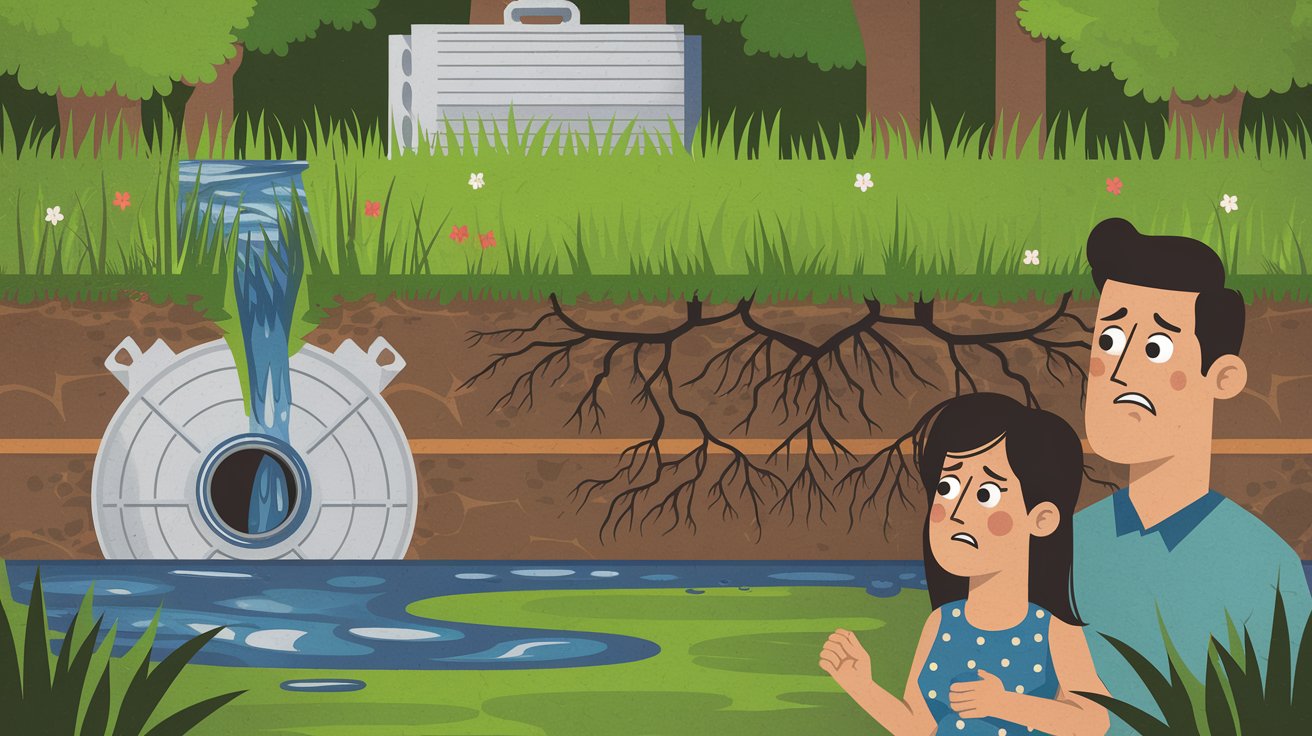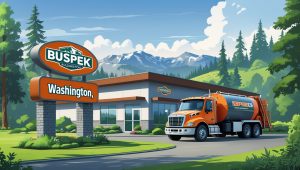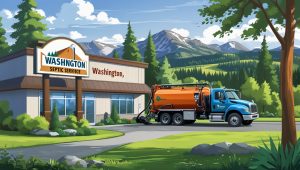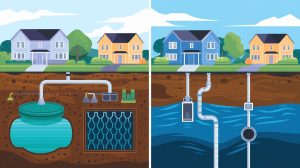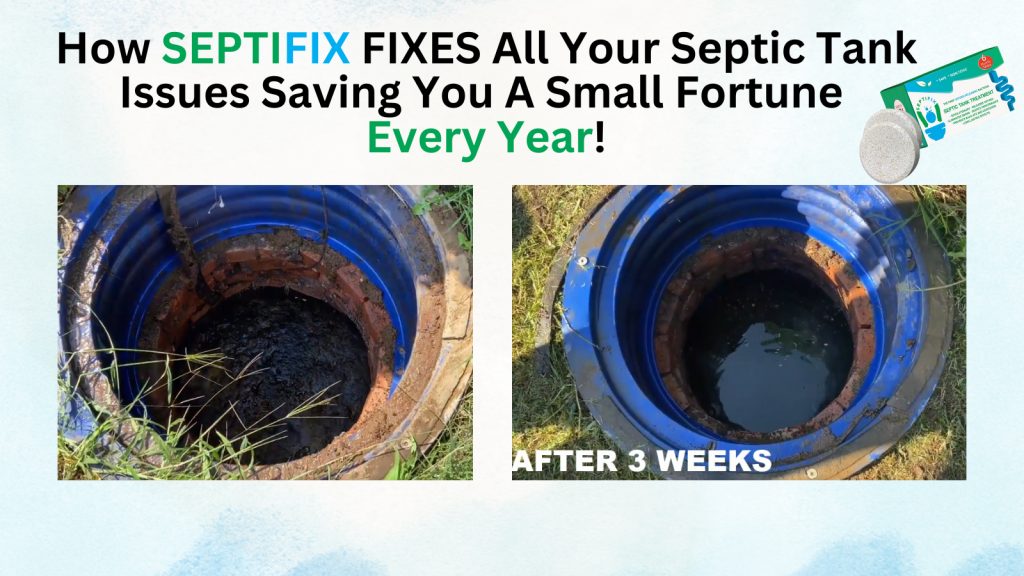If you own a home with a septic system, knowing the imminent septic emergency signs can save you thousands of dollars in repairs—not to mention a serious headache. From foul odors to slow drains, early detection is key to avoiding full-blown septic failure. This guide will walk you through the major red flags and what they mean for your system.
- What Is Considered a Septic Emergency?
- Top Imminent Septic Emergency Signs to Know
- Less Obvious (But Serious) Emergency Indicators
- What Causes These Emergencies?
- What to Do If You Spot the Signs
- Contact Info and Resources
- Conclusion: Don’t Ignore the Signs
- Septifix
- Septic Permit Links by State
What Is Considered a Septic Emergency?
A septic emergency goes beyond minor backups or slow drains. It’s when your system is on the brink of total failure, and without swift intervention, it could cause serious health risks and property damage.
Real-world insight:
A family in rural Tennessee ignored slow drains for months—until one morning, raw sewage backed up into their basement. A $100 plumbing fix turned into a $20,000 septic overhaul.
Top Imminent Septic Emergency Signs to Know
1. Sewage Backups Inside the Home
If raw sewage starts backing up into sinks, bathtubs, or toilets, call a septic professional immediately. This is one of the most obvious—and dangerous—signs of imminent failure.
2. Strong, Persistent Odors
A foul smell near your drain field, tank area, or inside the home is more than unpleasant—it’s a warning sign your tank is overfull or leaking.
Pro tip: Don’t just mask the smell. Investigate it immediately to prevent worse issues.
3. Gurgling Sounds in Plumbing
Unusual noises when flushing toilets or running water can mean your tank is nearing capacity, or your drain field is saturated.
4. Pooling Water Near the Drain Field
Standing water—even on dry days—is a sign your drain field may be failing. This could mean wastewater isn’t filtering properly, posing health hazards.
5. Lush, Green Grass Over the Drain Field
Oddly green, fast-growing grass could indicate excess wastewater surfacing. While it may look nice, it’s a sign something’s off underground.
Less Obvious (But Serious) Emergency Indicators
1. Frequent Plumbing Backups or Slow Drains
If more than one drain in the house is acting up, it could be a system-wide septic issue, not just a clogged pipe.
2. Alarm Sounds (For Advanced Systems)
Many newer or aerobic systems include an alarm to signal malfunction. Never ignore it—it’s your early warning system.
What Causes These Emergencies?
Common Causes:
- Neglected tank pumping
- Tree root intrusion
- Grease or non-biodegradable buildup
- Damaged or aging drain fields
- Excessive water usage overloading the tank
What to Do If You Spot the Signs
Don’t delay. A minor issue can become a total system failure within hours or days.
Immediate Actions:
- Stop all water usage temporarily
- Avoid using harsh chemicals or drain cleaners
- Call a certified septic professional
- Alert others in the household
When to Call a Pro
If you notice more than one of the signs—or even just a sewage backup or persistent smell—it’s time to bring in an expert. DIY fixes won’t solve systemic septic failures.
Contact Info and Resources
- EPA: Septic Systems Overview
- National Onsite Wastewater Recycling Association
- How to Prepare for a Septic Inspection
Conclusion: Don’t Ignore the Signs
Recognizing imminent septic emergency signs can make all the difference between a quick fix and a costly disaster. Be alert to odors, backups, pooling water, and changes in plumbing behavior. Stay proactive, schedule regular inspections, and don’t hesitate to call in the professionals when red flags arise.
Need help fast? Contact your local septic expert to schedule an emergency inspection today.
Directory | Washington Septic Service Providers | Part 2
Directory | Washington Septic Service Providers | Part 1
DIY Repairs Are Always Cheaper
Septic Regulations in Rural Areas: Essential Guide for Rural Property Owners
The Role of Perforated Pipes in Drain Fields
What Happens During a Pumping Service?
Septic Tanks vs. Sewer Systems | Choosing the Right Option
Directory | Virginia Septic Service Providers | Part 2
Septifix

